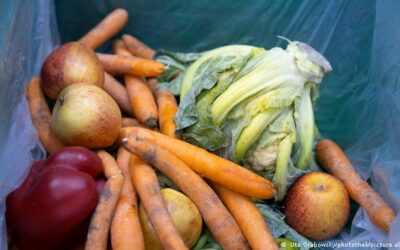
The Supplemental Nutrition Assistance Program (SNAP), also known as food stamps, provides crucial support to millions of low-income Americans by helping them access food. However, as of recently, the food benefit under the SNAP program has been reduced to pre-pandemic amounts, causing widespread concern and raising questions about how this will impact food insecurity in the country.
Food insecurity refers to the lack of access to enough food for an active, healthy life, and it affects millions of Americans, especially those who are low-income. The COVID-19 pandemic has only made this issue more pressing, as job loss and economic struggles have left many people unable to afford food for themselves and their families. This is where an increase in SNAP benefits comes in, providing crucial support to those in need by offering them a higher monthly benefit that can be used to purchase food at participating retailers.
The recent reduction of the food benefit under the SNAP program means that those who rely on this support will see a reduction in up to $250 per month for families, funds that are necessary to purchase healthy food. This can result in a number of negative outcomes, including increased food insecurity, malnutrition, and even homelessness.
Food insecurity can have long-term effects on individuals, especially children. Studies have shown that children who experience food insecurity are more likely to suffer from health problems, have lower academic achievement, and are at greater risk of developmental delays. These effects can last a lifetime, and can even be passed down to future generations.
The reduction of the SNAP food benefit will also have a significant impact on the economy. Retailers that depend on SNAP benefits as a source of revenue may see a decrease in business, leading to job loss and a further decrease in economic activity. This can lead to a downward spiral, making it even harder for those in need to access food and other necessities.
There are ways to mitigate the impact of the ending of the SNAP food benefit. Charitable organizations, such as food banks and pantries, can play a role in providing support to those in need. However, these organizations often have limited resources, and many have not been able to meet the increased demand caused by the reduction of the SNAP food benefit.
Careit is seeking more food donation partners to post their edible surplus food for rescue by local nonprofits. It is important for government officials, organizations, and communities to come together to find solutions that can help those in need access food and other necessities.






